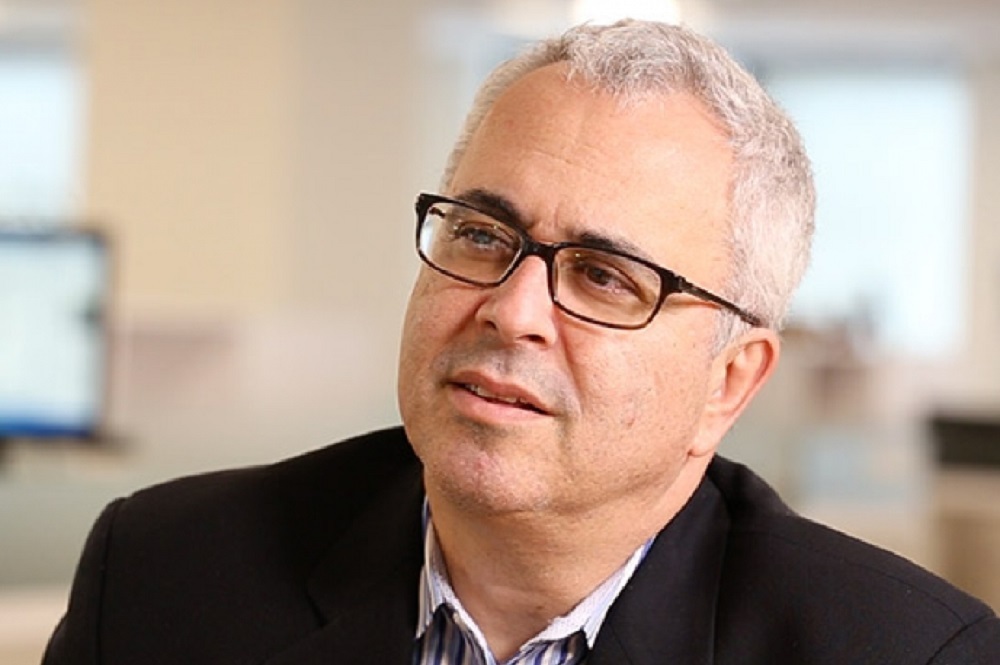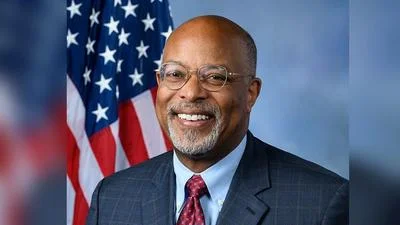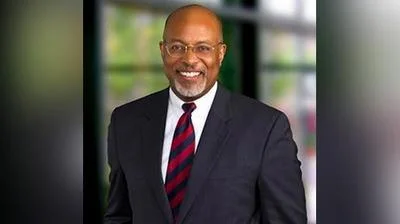Joshua Wyner believes a college education is needed to enter today's middle class. | Contributed photo
Joshua Wyner believes a college education is needed to enter today's middle class. | Contributed photo
Available to families who have an annual income of less than $150,000 who have exhausted funding from other grants and scholarships, the new community college funding bill Gov. Larry Hogan signed last month is being lauded as an important step forward for Maryland.
“You need a college education today just as you needed a high school diploma 50 years ago to enter the middle class,” Joshua Wyner, vice president, founder and executive director of The Aspen Institute’s Excellence Program, said. "(The law) will enable many more people to get a college education that wouldn’t be possible otherwise.”
The $15 million program will also subsidize community college tuition for unmarried adults who meet the $90,000 income cap, according to coverage on the Baltimore CBS affiliate.
Bernard Sadusky, executive director of the Maryland Association of Community Colleges (MACC), was quoted in The Washington Post as saying the move would keep Maryland competitive.
“As much as this is an opportunity for students to afford a postsecondary experience, it is also an investment in Maryland’s economy,” Sadusky told the Post. “You have to have a skilled workforce and folks with a knowledge base, and this provides for that opportunity.”
Wyner cautioned, though, that more could be done to cement the state’s reputation as being positive for current and future businesses. For example, he noted 80 percent of community college students plan on getting bachelor’s degrees from four-year institutions, but only 15 to 20 percent complete them.
“It’s going to be important for the state to ensure that transfers work better,” he said. “Providing free tuition for the first two years is a step in the right direction, but it doesn’t get you all the way down the path.”
To handle the flood of students who will enroll under the new law, Wyner said the legislature may need to support a bigger commitment going forward.
“Two-year schools are going to need the infrastructure to pay for that,” he said. “Maryland has been pretty good on this front in funding higher education, but it’s probably going to have to be more generous in funding community colleges so that they can handle the increased capacity.”
According to a report from the Department of Legislative Services to the Maryland General Assembly, the state operates 16 institutions with in-state tuition for 30 credit hours ranging from $3,940 at Allegany County to $4,974 at Montgomery County.
On its website, the MACC showcases some employers, like Easton Utilities and diesel manufacturer Middleton & Meads Co., who partner with the colleges to enhance their workforce.
Wyner said higher demands from employers are driving the need for education beyond high school. He credited free high school education as a catalyst for last century's economic growth.
“Now we have a knowledge economy that is even more demanding,” Wyner said. “The workplace demands are changing even more, and so states ought to be thinking about how they are going to invest in human capital. Free college is a great way of doing that.”




 Alerts Sign-up
Alerts Sign-up